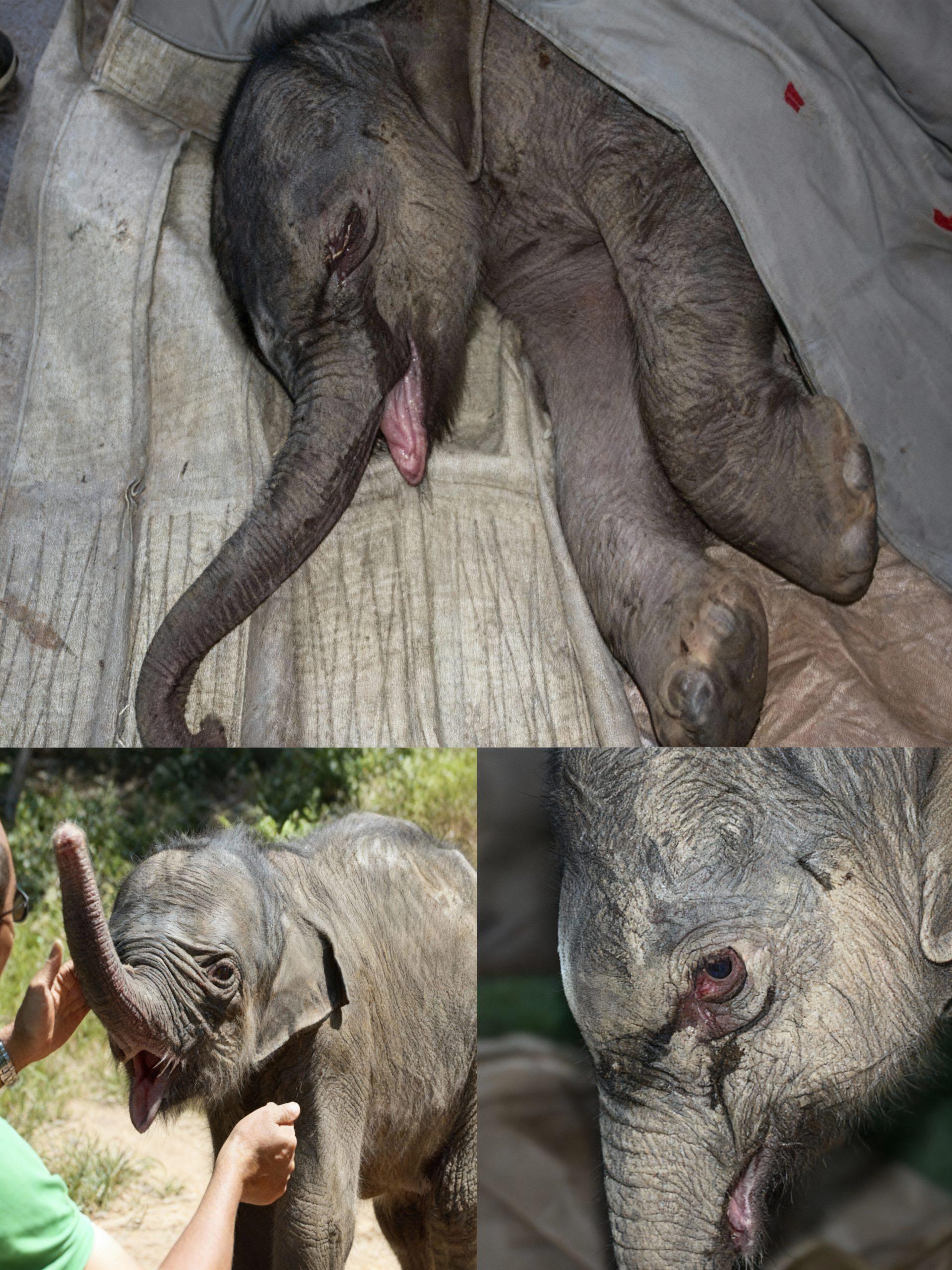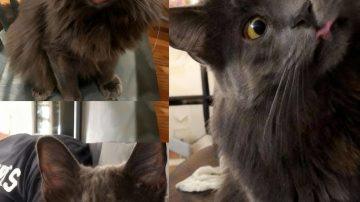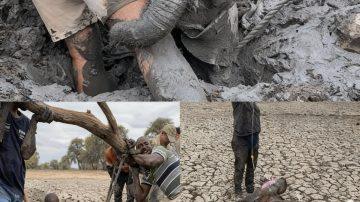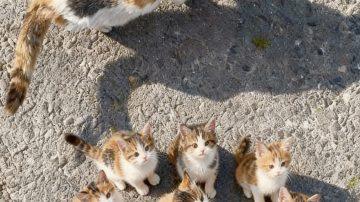The arrival of a newborn is typically a moment of unbridled joy, a celebration of new life and the promise of a future. However, for a baby elephant named Zhuang Zhuang, his entrance into the world was marked not by warmth and welcome, but by a shocking act of aggression from his own mother. In a heartbreaking turn of events, the protective instincts that usually define maternal love in the animal kingdom were absent, replaced by a sudden and violent rejection that left the tiny calf fighting for survival. Keepers, witnessing the alarming scene, were forced to intervene swiftly, separating the vulnerable infant from its unpredictable mother to prevent further harm. This unexpected betrayal from the very being meant to nurture him cast a shadow over Zhuang Zhuang’s first hours, leaving him isolated, injured, and crying out in desperate confusion for the maternal bond he had been denied. It was a harrowing start that few could have predicted, setting the stage for a dramatic struggle for life against overwhelming odds.

Deprived of his mother’s touch and nourishment, Zhuang Zhuang’s initial hours were filled with agonizing cries that echoed through the sanctuary. His small body, already bearing the fresh wounds of rejection, trembled with fear and cold. The keepers understood the critical nature of these first moments; without immediate intervention, the chances of survival for such a young, distressed calf were slim. They worked tirelessly, providing round-the-clock care, attempting to feed him milk from a bottle, and offering gentle physical comfort—a stark contrast to the rough treatment he had just endured. This period was a race against time, where every minute counted in their desperate efforts to stabilize the fragile elephant.

Despite their best efforts, Zhuang Zhuang’s initial response to human care was understandably guarded. The trauma of his birth and rejection had left deep emotional scars. He struggled with feeding, often refusing the bottle, and his cries persisted, a mournful sound that pierced the hearts of his dedicated caregivers. It became clear that physical sustenance alone would not be enough; he needed to feel secure, to trust again after such a profound betrayal. This period tested the resolve of the sanctuary staff, who had to navigate not only the physical demands of caring for an infant elephant but also the complex emotional needs of a traumatized one.

Over days and weeks, a subtle but profound shift began to occur. Slowly, incrementally, Zhuang Zhuang started to respond to the unwavering kindness of his human family. The persistent gentle touches, the soothing voices, and the endless patience began to chip away at his fear and distrust. He started accepting the bottle more readily, his cries lessened, and tiny flickers of curiosity replaced the pervasive sadness in his eyes. This was not a quick transformation but a gradual, painstaking process of rebuilding trust, demonstrating the immense power of consistent, unconditional care.







